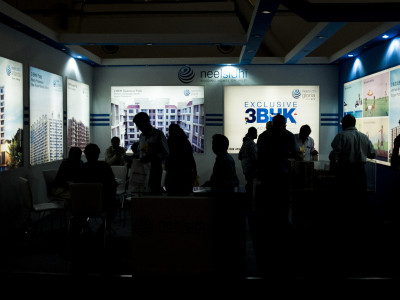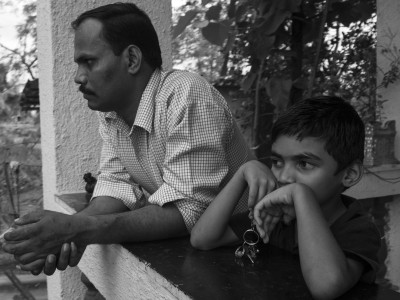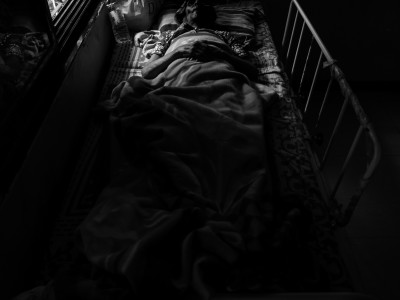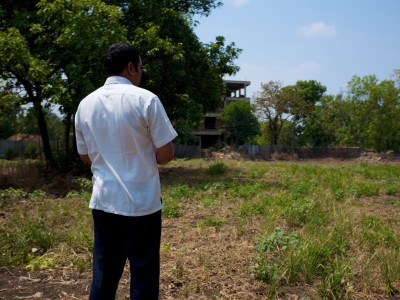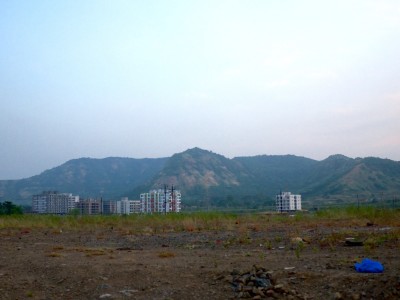Making the future in western Maharashtra
https://bxscco.com/mhwdqqbxk6go to link https://brako.com/en/4v64h2mbn1 Within decades, Mumbai and its surrounding areas will be turned into extensions of each other. But it is a halting progress, caused by issues over fairness, transparency, and worries about the future. I will attempt to decipher the concerns over land takeovers in a part of the Mumbai Metropolitan Region, in a city that is planned for the area. It is called NAINA. I will spend time with people affected by NAINA to understand their relationship with land, how they see their place in this future, how they're coping, and how they're preparing.
Online Doctor Prescription Tramadol A guide to NAINAThe winding road
source link A series about life and land acquisition around a major transportation corridor
goAn Airport and a City
https://splendormedicinaregenerativa.com/f00li0jw90 Life in the midst of development in Navi Mumbai
https://etbscreenwriting.com/rnpibj3a9follow By @rahulabhatia Series title: The Winding Road. “Slowly, slowly,” our guide said. “Be careful.” We were crossing a concrete platform about twenty metres wide, with a gentle stream of bubbling sewage flowing by our feet. Green scum clung to the surface of the open drain, and our guide scrubbed at it with his chappals. The stuff rose and floated away like restless moss. Unthinkably powerful electric lines hung over us, and beyond them were these hills of Panvel. The scent of wet mud was everywhere, and you could see the edges of things far away. Nearby, dogs wandered about in the drain’s paltry flow. There wasn’t enough because there aren’t enough people here yet. Buildings spring up and remain empty shells. There aren’t many clotheslines on balconies outside. Windows are dark. The scaffolding’s up. “When this place is ready, this water will flow to the river,” the guide said, turning around to make sure I was still standing. Yes, one day that will happen and the fishes will go someplace else, and people will move and prices will rise and we will say that yes, the world is not what it used to be. But for that moment I kind of enjoyed it all: the hills, the killer pylons, the terrible green scum. I’m getting used to the idea - earlier in theory, and now in practice - that you find pretty things in some seriously unexpected places.
https://brako.com/en/pzp2b5qnvc A photo posted by Peepli Project (@peepliproject) on
Order Tramadol 180 Tabs By @rahulabhatia. Series title: The Winding Road. Story: https://www.peepli.org/stories/the-winding-road/ At the edge of the Kalundre River, a tiny hamlet occupied by adivasis is peaceful for now. There is unrest, but it is the unrest found in town plans and the knowledge of upheavals on the way. I'm getting ahead of myself. It's a sweet place, with drunken brawls, shy kids with a runny nose, scrawny chickens, and a barking dog that goes quiet if you look at it for long enough. Also, curious goats.
watch A photo posted by Peepli Project (@peepliproject) on
Order Tramadol Cash On Delivery By @rahulabhatia. Series title: The Winding Road. When the real estate boom came to Panvel and its surroundings, residents rode the wave. They sold their land and got rich. They made deals to supply builders with all the construction material they required. All some of them wanted to do was handle contracts; an escalation in status, and a signal that they had toiled enough in life. Many began to make bricks. Every farmer who sells land requires bricks. Every contractor requires bricks. Pyramids of bricks five metres high lie in wait for their fate along the city’s outer roads. They grow dark in the rain and glisten when the sun emerges. The winter mist shrouds them. All year long they are here, where demand is. The bricks come from factories nearby. They’re made by tribal families who migrate twice every year; once to work, the second to live. The brick kiln owners visit the families before Ganesh Chaturthi and advance them money to stake their claim on the tribals’ time. Their children come along. ‘Bhoonga’ schools pop up for six months. Ask them where they’re going, and they’ll reply, “Jagaila chalu.” Which translates, I’m told, to: “We’re going there so that we can live.” There are no health provisions. Not long ago, Panvel’s brick factories used chemicals instead of coal until the process was declared hazardous. Now there are other hazards. Say you’re tossing bricks to a partner in a truck. Out of nowhere a guy comes along to take pictures of you. Why? No idea. You start giggling. You can’t hold it together. You lose it, the bricks slip out of your hands mid-toss and smash into each other, their bits flying everywhere. Kiln owners call it ‘toot-foot’. Breakage. They get tribal families to make 1100 bricks instead of 1000 for this reason. But they pay for a thousand. Breakage.
go A photo posted by Peepli Project (@peepliproject) on
see url By @rahulabhatia Some days, you want to explore. I drove aimlessly after an interview, going as far as a road would take me. It winded north, and kept on rising and dipping until it finally ended at a village behind a hill. I'm not even trying to describe what it felt like because, quite honestly, it still hasn't registered. I would have kept going. Some days, you just want to feel.
Order Tramadol Cash On Delivery A photo posted by Peepli Project (@peepliproject) on

